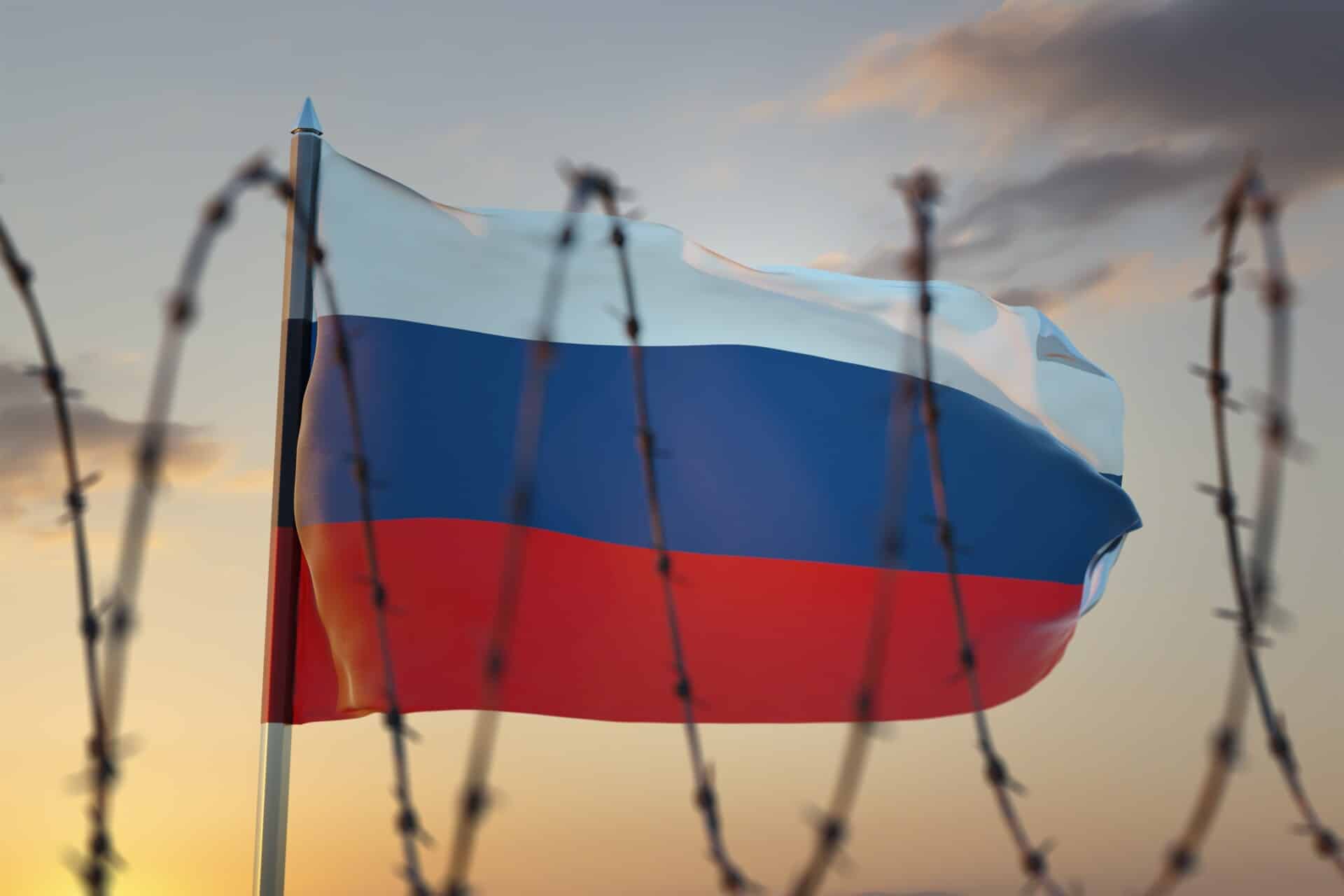
Russia’s decision to invade Ukraine has resulted in an unprecedentedly quick succession of sanctions emanating from the European Union and the United States. Ignoring previous practices that favored a linear and gradual enhancement of sanctions, the European Union has passed a series of sanctions packages in quick succession in what has become Europe’s primary means of responding to Russian aggression on the continent[1]. The United States and the United Kingdom have also been aggressive in imposing new sanctions on Moscow and many East Asian allies such as Taiwan, Japan and South Korea have also replicated Western restrictions.
While the focus has been on the quickness and the strength of the sanctions campaign, there has been little focus on the strategic goals of sanctions and the chances of their success. In order to properly assess the possibility of sanctions effectiveness, we must assess what sanctions effectiveness actually means in general and how it is being defined in this particular case.
CLICK HERE TO READ THE ENTIRE PAPER
_____________________________________
[1] Portela, C. (2022). Sanctions, conflict and democratic backsliding. June 1st. EUISS: Conflict Series. Available at: https://www.iss.europa.eu/content/sanctions-conflict-and-democratic-backsliding


